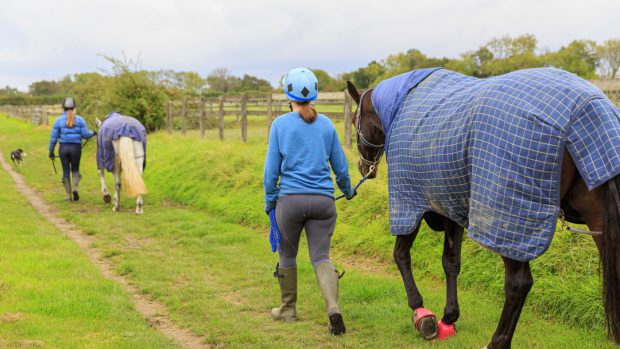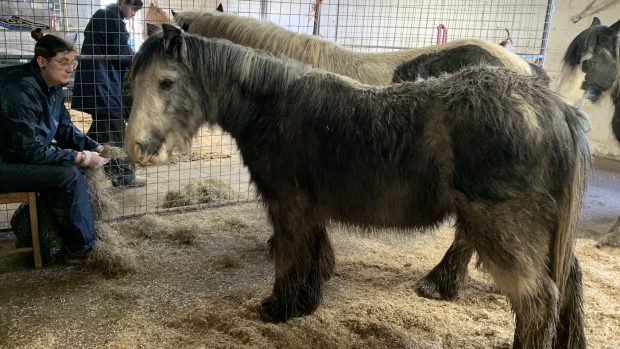The government has dismissed the need for a separate animal abuser register claiming data is already logged by police.
The news comes as part of the government’s reaction to the environment, food and rural affairs committee’s report into welfare of domestic pets.
One of the report’s recommendations was that the government “examines the potential” for establishing an animal abuser register.
This would include those convicted of animal cruelty offences and those disqualified from keeping animals.
During the inquiry, the need for a way in which authorities can easily check whether a person was disqualified from keeping animals was highlighted.
Defra minister George Eustice MP said he was “interested” in the establishment of a register.
However, he pointed out that police do have a list, but although there “is an argument” for making it available to other relevant organisations, there would be a need to guard against vigilante activity towards those on the list.
It was also mentioned that several US cities have animal abuse registers and that Tennessee became the first US state to publicly post this.
However today’s government response said that those convicted of animal cruelty or abuse are already logged on the police national computer.
“The government agrees with the police that a publicly available register of animal abusers could facilitate vigilantism,” states the response.
“Instead, if a person has concerns about another individual they can approach the police who can check their records on the police national computer.
“The police may then take the most appropriate action. We consider that this is the best arrangement.”
It adds that the government agrees better use needs to be made of existing databases to improve connectivity and information sharing.
Enforcement overlooked?
One of the recommendations was that the government places a statutory duty on local authorities to enforce the Animal Welfare Act 2006.
“The government must ensure that appropriate resources are made available to local authorities to support them in this extension of their statutory duties,” said the report.
However, the government’s response to whether it will do this is less clear-cut — and made no pledges for funding to support this.
“By replacing the existing laws on animal activities licensing schemes with regulations made under the 2006 Act, local authorities will be required to enforce the new licensing regime as it applies to pet sellers, dog breeders, riding establishments, animal boarding establishments and performing animals,” states the response.
“We expect local authorities to decide how to enforce the Animal Welfare Act in their own areas based on local resources and priorities.”
What else did the response say?
- Under EU law, the government is not able to establish one single passport issuing organisation. However it will be reviewing this as part of Brexit.
- The government does not agree with the recommendation the RSPCA should have its prosecution powers restricted
- Sentencing guidelines have been reviewed. As part of this, the sentencing council’s revised magistrates’ court guidelines aim to ensure those guilty of the most serious cases of animal cruelty receive “appropriate severe sentences”.
For more information and reaction, don’t miss next week’s issue of Horse & Hound — out 16 February.





